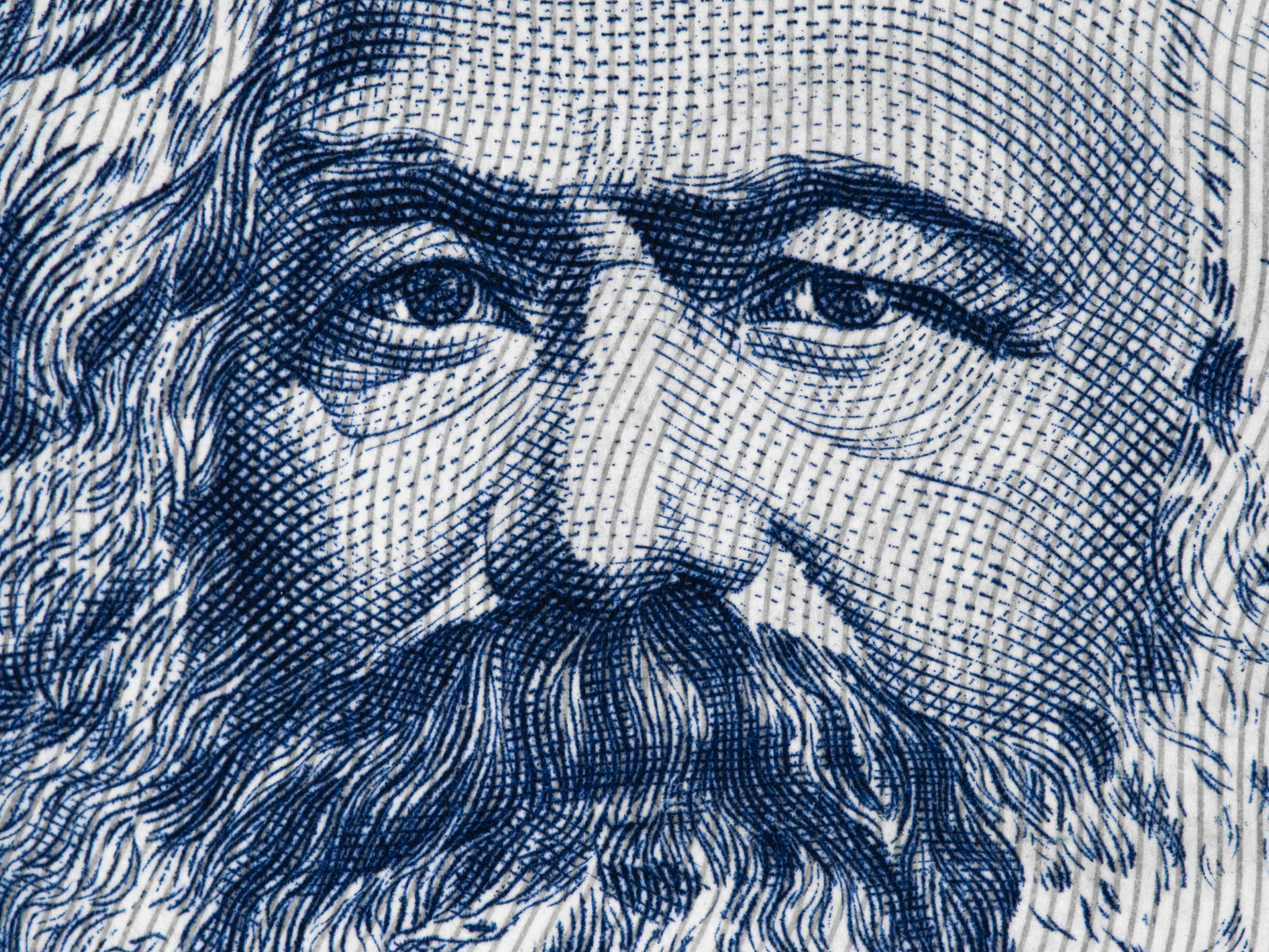
Although many of the protesters who occupied college and university campuses around the country had little knowledge of intellectual history, they marched to the beat of philosophical drummers they may not have ever heard.
Their chants rhythmically echoed ideologies. The anti-Israel and anti-American passions expressed in pro-Palestinian demonstrations have deep and dark roots, tracing back two atheistic German writers from the nineteenth century: Karl Marx and his patron and sometimes co-writer, Frederick Engels.
Marx and Engels penned The Communist Manifesto in 1844, a small and fiery document that unlocks the ideologies of the far left. While both authors wrote much more, this incendiary document has motivated and mobilized socialist uprisings and resistance ever since its publication. Without its false and dangerous ideas, Marxism—of various sorts—would not control China (established 1949), North Korea (established 1949), Vietnam (established 1976), Laos (established 1975), and Cuba (established 1961).
This represents 1.5 billion people enslaved by Marxism—and the Marxists are never satisfied with their previous bloody conquests. The total death toll that Marxist regimes in the twentieth century inflicted on their own people—in Russia, China, Cambodia, North Korea, Cuba, etc.—was over one hundred million, as was verified in great detail in The Black Book of Communism.
Tragically, most people under thirty know nothing of this and are thus swayed by socialism’s slogans and clichéd objections to a free market and society.
Marxism: No God, No Eternal Truths
To make sense of this maelstrom on campus and elsewhere, we need to understand some vital Marxist ideas that should be discerned to understand campus unrest today—and in the latter 1960s as well. The Communist Manifesto proclaims:
Communism abolishes eternal truths, it abolishes all religion, and all morality, instead of constituting them on a new basis; it therefore acts in contradiction to all past historical experience.[i]
This is the quintessence of the Marxist revolution: a total rebellion against received truths and a demand that everything be reinterpreted and radically transformed.
Marxism preaches revolution, not reform. The Western political tradition, at its best, draws from a deep well of moral and religious tradition as its basis for individual human rights, political and economic freedoms, and property interests that defend families from statist appropriations.
The American vision, informed by the Judeo-Christian worldview, is based on a representative form of government that allows for reform through free elections and amendments to the Constitution. This utopianism deems the Western heritage as intrinsically oppressive and substitutes an ideology based on the non-existence of God and the creative powers of mankind to bring about a heaven on earth.
The atheism of Marxism is nothing minor. It removes the fear of God, rejects biblical wisdom, and renders human beings their own masters, who—if enlightened by Marxism—can supposedly throw off the fetters of oppression and bring about a heaven on earth.
As President Ronald Reagan said in his famous “Evil Empire” speech on March 3, 1983, when speaking of Whittiker Chamber’s famous defection from communism:
The crisis of the Western world exists to the degree to which the West is indifferent to God, the degree to which it collaborates in communism’s attempt to make man stand alone without God. And then he [Chambers] said, for Marxism-Leninism is actually the second-oldest faith, first proclaimed in the Garden of Eden with the words of temptation, ‘Ye shall be as gods.’[ii]
Marxism: Abolition of the Family
For Marxism, to live without God also demands eliminating the traditional family, which has religious roots. This explains why far-left campus activism is combined with the LGBTQ agenda. The Communist Manifesto proclaims, “Abolition of the family!”
On what foundation is the present family, the bourgeois family, based? On capital, on private gain. In its completely developed form, this family exists only among the bourgeoisie. But this state of things finds its complement in the practical absence of the family among the proletarians and in public prostitution. The bourgeois family will vanish when its complement vanishes, and both will vanish with the vanishing of capital.[iii]
Supposedly, social injustice is based not on human selfishness—as the Bible teaches—but on private property and the profit motive. When capitalism is abolished by violent revolution, everything will magically change for the better. But before then, the free market must be eliminated through socialism, and the family must be destabilized by gender ideology. Any nation, such as Israel that stands in the Western cultural and political tradition is deemed part of the oppressive forces of history and must be opposed in the name of a liberation that can never arrive, as history and human nature teach us.
Marxism Must Be Refuted
What animates protests and occupations on college campuses may not be doctrinaire Marxism, but such activism would not exist without the inspiration of the untrue and un-American ideas and ideals of Marxism.
Thus, it is incumbent that the truth about falsehood and the grim legacy of Marxism be taught on college campuses and elsewhere.[iv] The National Association of Scholars’s “History of Communism” is a much-needed resource to this end, and it should be widely promoted.
[i] Marx, Karl. The Communist Manifesto (p. 20). Neeland Media LLC. Kindle Edition.
[ii] Ronald Reagan, “Evil Empire Speech.” March 8, 1983. https://voicesofdemocracy.umd.edu/reagan-evil-empire-speech-text.
[iii] Marx, Karl. The Communist Manifesto (p. 17). Neeland Media LLC. Kindle Edition.
[iv] Some of this essay was taken from Douglas Groothuis, Fire in the Streets (Washington, DC: Salem Books, 2022).
Image by vkilikov — Adobe Stock — Asset ID#: 193493737